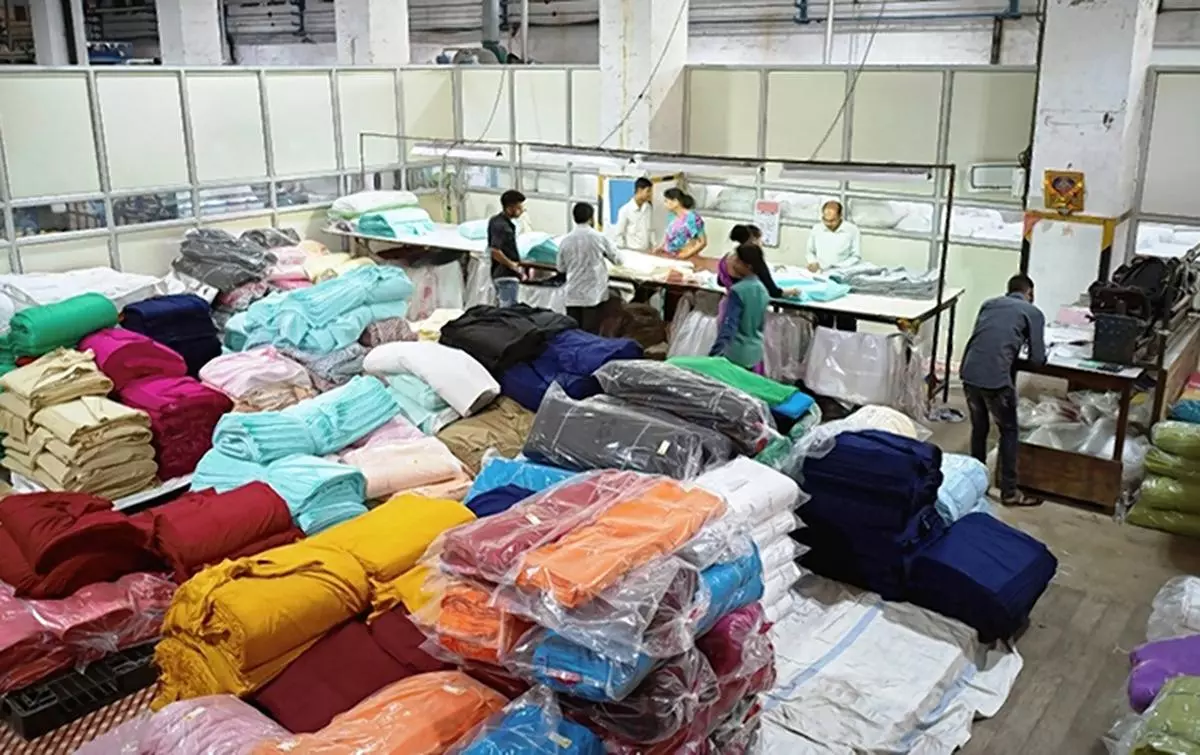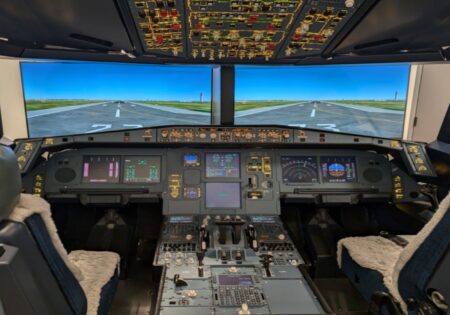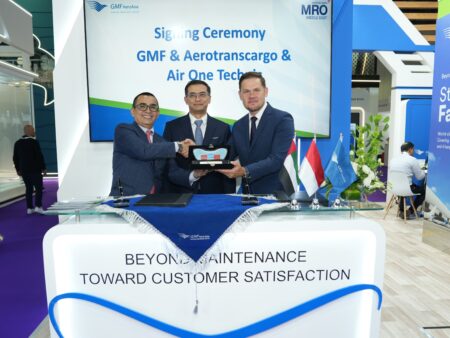The transshipment of Bangladesh export cargo via the Delhi Air Cargo complex raises concerns, impacting India’s apparel exports and competitiveness.

The decision to allow transshipment of Bangladesh export cargo through the Delhi Air Cargo Complex has sparked controversy, especially within India’s apparel export industry. Previously, such transshipment was confined to the Kolkata Air Cargo Complex since 2020. Now, extending this facility to Delhi has exacerbated concerns.
The ongoing Red Sea crisis has already inflated logistical costs for exporters, prompting a shift from sea to air freight. Consequently, approximately 20–30 loaded trucks inundate Delhi’s cargo terminals daily, impeding smooth operations and creating opportunities for airlines to exploit the situation.
This congestion has triggered a surge in air freight rates, causing delays in cargo handling and processing and exacerbating congestion at the IGI Airport Cargo Terminal. Consequently, Indian apparel exports via Delhi’s air cargo complex are losing competitiveness.
Sudhir Sekhri, Chairman of the Apparel Export Promotion Council (AEPC), has voiced strong opposition, citing increased logistical challenges and transportation costs for apparel exporters. AEPC has appealed to the Chairman of the Central Board of Indirect Taxes and Customs (CBIC) to suspend this facility promptly.
The situation underscores the delicate balance between facilitating international trade and protecting domestic industries, requiring a nuanced approach from policymakers to ensure India’s competitiveness while fostering regional cooperation.











